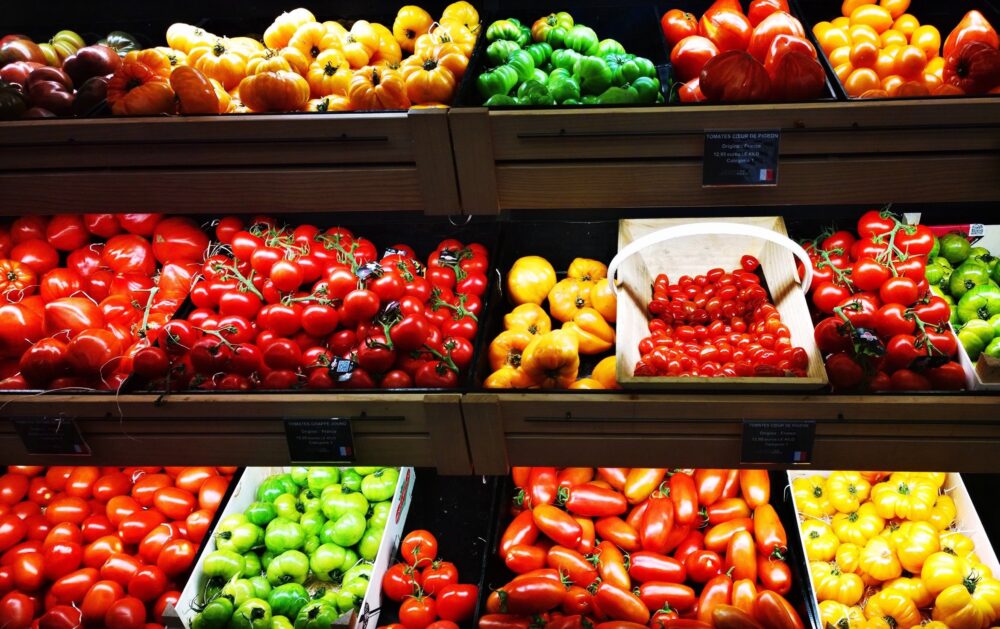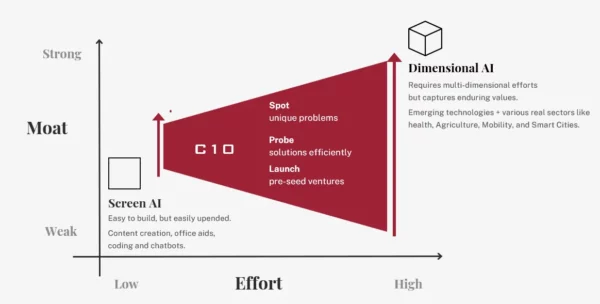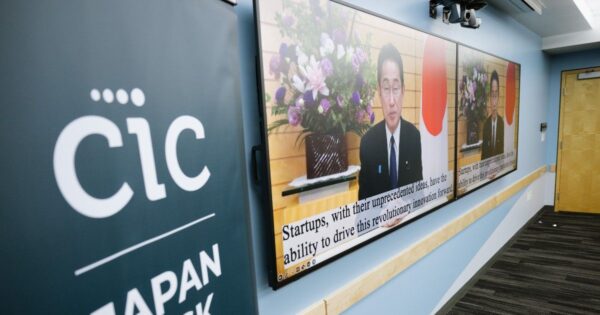Disruption in the food business is the new normal.
That was the guiding principle behind Food Edge 2019, a gathering of food industry leaders at the Boston Innovation & Design Center on May 1 and 2. The summit featured more than a dozen speakers on topics ranging from AI to personalization to technology and sugar.
Hosting the event was Branchfood, New England’s leading food innovation hub based out of CIC Boston. “Food innovators and food entrepreneurs are going to help our food systems evolve into a more positive existence in this world, and Boston is at the forefront of this movement,” says Branchfood founder Lauren Abda.
Where does food innovation stand and where is it headed? Here are five key lessons from Food Edge:
1. Food innovators are responding to environmental challenges
The threat of climate change is shining a spotlight on how we use resources, and that means looking at food systems. What can food brands do about it? They can make it easier for consumers to make changes on a personal level, said Mike Messersmith, General Manager at Oatly USA, which brought oat milk to the table as an answer to the resource-intensive dairy industry and increases in dairy allergies in the early 1990s.
Many food innovators may be motivated by their own desire to make a positive impact. But consumers are driving this arc, too. According to Nick McCoy, Cofounder and Managing Director of Whipstitch Capital, while conventional grocery products decline, natural products contributed to all of the growth in grocery over the past three years, and conventional retailers are responding by increasing the number of emerging natural brands they carry. “People are switching to innovative, natural, organic products for personal reasons,” said McCoy. “Growth here does not correspond to changes in personal wealth patterns.” In today’s food industry, values speak volumes.
2. Rethinking the competition
A company can take it upon itself to facilitate social or environmentally-friendly consumer behavior, but no brand can save the planet alone. As Oatly’s Messersmith put it, “It’s antithetical to our mission to be anti-competition. The plant-based revolution can’t happen with just one company.”
3. Diversity matters — and strengthens
Increasingly, companies are realizing that embracing diversity and business success go hand in hand. A keynote from Sarah Alter, President and CEO of the Network of Executive Women, and Ellen Siebenborn Forsyth, VP of US Sales at General Mills, focused on how diversity drives innovation, both in terms of how businesses operate internally and how they engage with their customers. According to Alter, businesses should support the communities where they operate through job creation and economic empowerment. And ultimately, diversity in hiring is a mechanism for attracting and retaining top talent. Alter alluded to research showing that diverse teams work smarter and bring in higher profits.
4. Food is about people
Putting the customer at the center is a philosophy every business should follow, and it’s certainly true for food, which is both extremely personal and cultural. No matter how big or how experienced the company, retaining this customer focus is key. “The only way you can get to be 150 years old is by pivoting, building the right brands, and being people-first,” said Siebenborn Forsyth of General Mills.
Nate Barry, Senior Software Engineer at IBM Food Trust, noted that only a quarter of consumers trust today’s food industry, in part due to lack of transparency. Food companies can look for communication tools to increase transparency — for Barry, that’s blockchain — to regain trust with consumers.
5. The brand is in the details
That’s something to lean into, not shy away from. Consumers are responding to brands with a mission and a message. Making that message clear is key. For Oatly, “the pieces in the business that most would deem unnecessary, we find the most important,” said Messersmith. “Even as you scale, the cult of a brand lies in the details.”
Small brands are commanding new power in today’s digital world as ecommerce becomes ubiquitous. And for businesses of any size, compelling branding backed up by strong product and purpose can cut through to consumers.
Additional reporting contributed by Adrienne Euler.
—
Want more innovation stories delivered to your inbox?




